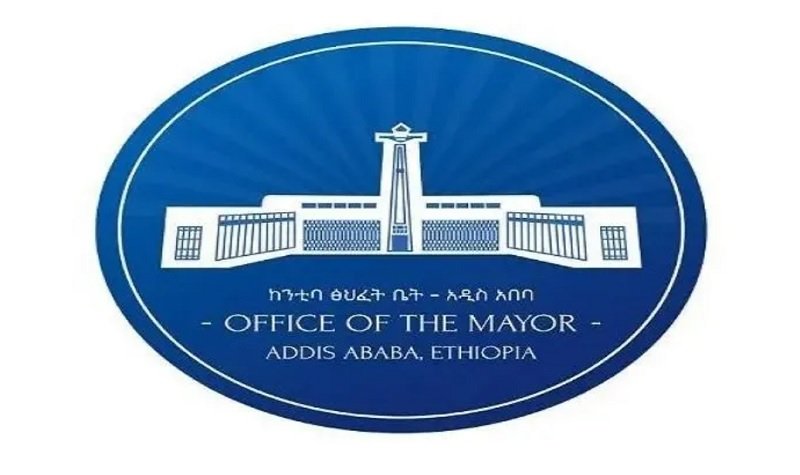
In recent times, Addis Ababa, the vibrant capital of Ethiopia, has witnessed a distressing saga involving elementary school directors.
These educators, entrusted with the crucial responsibility of nurturing young minds, were subjected to an unjust process that promised job security based on merit but ended in an ethnically motivated attempt to expel them from their positions.
The ordeal began with a purportedly fair examination to determine the continuation of elementary school directors in their roles. The conditions were set: take the exam, and the position would be retained. Dedicated educators took on this challenge, aiming to demonstrate their competency and commitment to their profession.
However, the promise of a fair evaluation seemed to crumble when decisions deviated from merit-based assessments. In a heart-wrenching turn of events, rumors are floating that they would sit for reexamination as those the city’s education bureau wanted to pass are apparently found unable to score the pass mark. Particularly, teachers who come from Oromia region are said to ledge complaints as to why they
took the exam in English. They have also complained about the exam questions that revolve around leadership. Hence, the city administration may give another round of exams.
Instead of upholding the principles of fairness and professionalism, the decision-makers appeared to prioritize ethnic affiliations over competence and merit. This abhorrent action not only undermines the hard work and dedication of these educators but also perpetuates a cycle of injustice and prejudice within the educational system. Education should be a realm devoid of discrimination, where competence and dedication are the benchmarks for career advancement. However, the actions taken against these school directors highlight a deeply troubling trend where ethnicity overshadows meritocracy, jeopardizing the quality of education and the future of young learners.
The ramifications of such injustices extend beyond the affected individuals. They sow seeds of disillusionment and mistrust within the education sector, discouraging talented educators and administrators from giving their best. Moreover, they send a disheartening message to students, who witness firsthand the consequences of prejudice and unfairness in a system meant to nurture and educate them.
Addressing these systemic issues requires a resolute commitment to fairness, meritocracy, and equal opportunities in the educational sphere. It demands
accountability from decision-makers and an unwavering dedication to upholding professional standards, irrespective of ethnic backgrounds.
In conclusion, the barrage of intimidation and hate against these school leaders is too unfair. The federal government needs to be involved in one way or another. The city is answerable to the federal government in the first place. People should not lose their position or job due to some lame tests. If there is capacity limitation, give scientific training, do more to bring able leaders through meritocracy in the short and long term.
The current tendency will take education from the frying pan to the fire. Ensuring merit-based retention is a distressing example of injustice. It serves as a clarion call to rectify the flaws within the system, reassert the values of fairness and professionalism, and ensure that educational institutions remain bastions of equality and meritocracy for the betterment of society and its future generations.
Editor’s note : Views in the article do not necessarily reflect the views of borkena.com
__
To Publish an Article On borkena , please send submission to info@borkena.com for consideration.
Join our Telegram Channel : t.me/borkena
Like borkena on Facebook
Add your Business to Ethiopian Business Listing /Ethiopian Business Directory
Join the conversation. Follow us on twitter @zborkena to get the latest Ethiopian news updates regularly. To share information or send a submission